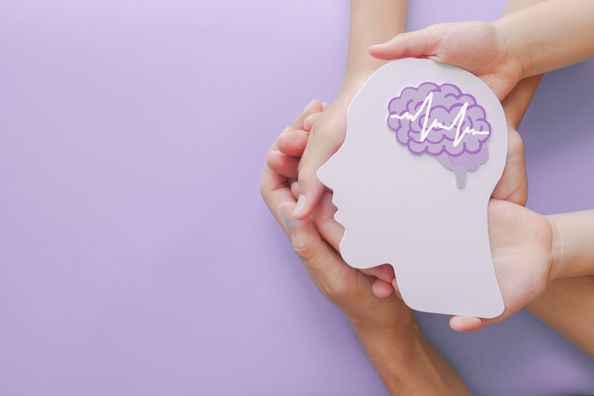
A Mother’s Inspiration
This Mother’s Day, we’re spotlighting Dr. Niharika Yedla. Dr. Yedla’s journey in medicine was deeply influenced by her mother, an OB/GYN physician. Witnessing her mother’s dedication firsthand instilled a passion for healing in Dr. Yedla, and her mother’s wisdom continues to guide her every day.









